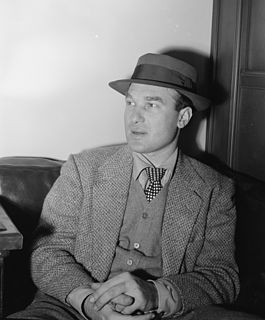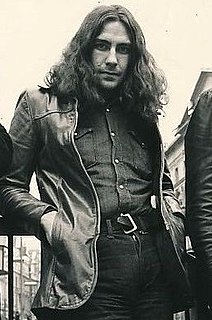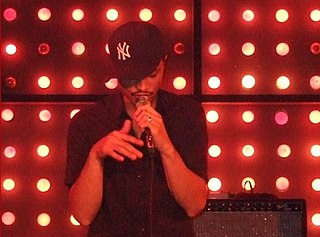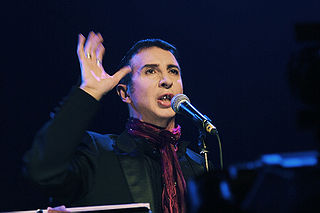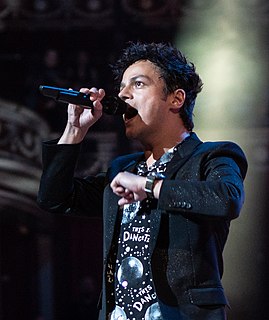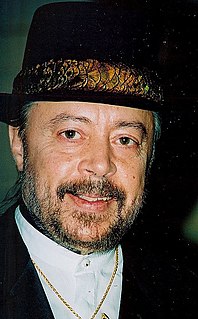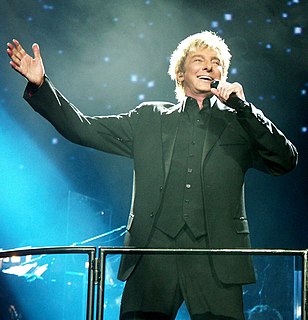A Quote by Norman Granz
For years, Jazz At The Philharmonic albums were the only ones of their kind.
Related Quotes
I listened to classical music. I listened to jazz. I listened to everything. And I started becoming interested in the sounds of jazz. And I went to a concert of Jazz at the Philharmonic when we lived in Omaha, Nebraska, and I saw Charlie Parker play and Billie Holiday sing and Lester Young play, and that did it. I said, 'That's what I want to do.'
As far as piano players are concerned, Oscar Peterson is my very favorite. I also like McCoy Tyner. I think that the big jazz stars, both now and in the past...how shall I say it? These guys are as great as Bach, Beethoven; all of them. People don't know it yet. If jazz survives and is put on a pedestal as an art form, the same as classical music has been through the years, a hundred years from now the kids will know who they were, with that kind of respect.
There's a more experimental album that follows that, which is like Black Magic and While You Were Sleeping. Then there's a return to jazz, For All We Know and Yesterday I Sang The Blues. It wasn't like a planned thing, I just kind of realized it when I made a list of my albums. Like, oh wow, this is exactly what I did before.
I was co-editor of the magazine called The Jazz Review, which was a pioneering magazine because it was the only magazine, then or now, in which all the articles were written by musicians, by jazz men. They had been laboring for years under the stereotype that they weren't very articulate except when they picked up their horn.
I visited New York in '63, intending to move there, but I noticed that what I valued about jazz was being discarded. I ran into `out-to-lunch' free jazz, and the notion that groove was old-fashioned. All around the United States, I could see jazz becoming linear, a horn-player's world. It made me realize that we were not jazz musicians; we were territory musicians in love with all forms of African-American music. All of the musicians I loved were territory musicians, deeply into blues and gospel as well as jazz.
